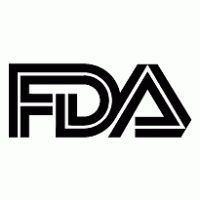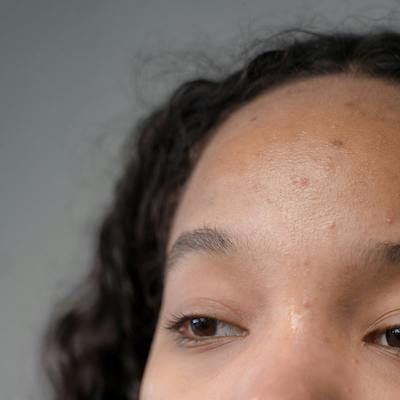Article
FDA Approves Dupilumab as the First Medical Treatment for Prurigo Nodularis
Author(s):
The FDA recently approved a drug treatment for prurigo nodularis, studied across over 60 clinical trials.

The US Food and Drug Administration (FDA) has approved dupilumab as the first and only treatment designed for adults with prurigo nodularis (PN).
Before its approval, dupilumab’s phase 3 trial data had been presented at the European Academy of Dermatology and Venereology (EADV) 2022 Congress in early September. The drug is a monoclonal antibody known to inhibit the signaling of the interleukin-4 (IL-4) and interleukin-13 (IL-13) pathways.
Its use as a treatment for the itching and skin lesions associated with PN has been investigated by over 60 clinical trials prior to FDA approval. These symptoms are driven by the same type 2 inflammatory pathways associated with other diseases treated with dupilumab.
“(Dupilumab) has already transformed the treatment landscape of several diseases driven by type 2 inflammation – including atopic dermatitis, asthma, chronic rhinosinusitis with nasal polyposis and eosinophilic esophagitis – and been prescribed to more than half a million patients around the world for its approved indications,” George D. Yancopoulos, MD, PhD, President of Regeneron, said in a statement. “With this approval, those suffering with prurigo nodularis finally have a medicine to address the debilitating signs and symptoms of the disease.”
The approval by the FDA was a consequence of the data in the phase 3 clinical trials known as PRIME, presented at EADV Congress 2022, and PRIME2. The trials examined 311 adult patients struggling with uncontrolled PN, comparing dupilumab with a placebo over 24 weeks.
Overall, the trial data demonstrated that around 3 times as many dupilumab patients—60% for PRIME and 58% for PRIME2—experienced clinically meaningful reductions in itching from baseline by 24 weeks, measured through the 0-10 Worst-Itch Numeric Rating Scale.
Additionally, more than twice as many patients treated with dupilumab—48% for PRIME and 45% for PRIME 2—reported clear or virtually clear skin by 24 weeks, versus the 18% and 16% reported for placebo.
“With (dupilumab) now approved in two diseases in dermatology where type 2 inflammation is a central driver, we look forward to further evaluating the potential of inhibiting IL-4 and IL-13 in other chronic skin diseases,” Naimish Patel, MD, said in a statement.
A PN regulatory filing is now under review by the European Medicines Agency, with submissions to regulatory authorities in further countries are planned for the remainder of the year.





